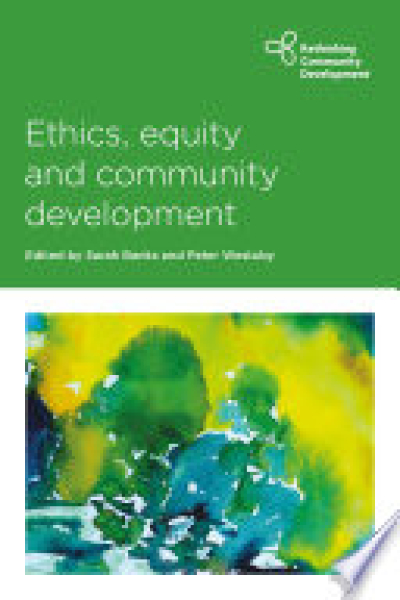A Community Economies perspective for ethical community development

Community Economy theory has gained much traction over the past two decades as a language politics and an ethical tool kit for researchers and practitioners in the field of community development. This chapter examines Community Economy approaches to development using two empirical examples from quite different contexts that highlight key ethical concerns. In the two empirical examples we show how communities can move towards surviving well collectively by mapping their existing diverse economic practices and relationships, and how people can shift from focusing on their individual survival to collective survival. We use the Community Economy approach to suggest that ethical questions are best negotiated through relationships and in specific contexts, rather than adopting an individualist or universal prescription of what ethics is, or should be in any given context.
Link to publisher's page
Suggested citation
Hill, A., and Diprose, G. 2019. ‘A community economies perspective for ethical community development.’ In S. Banks and P. Westoby (Eds.), Ethics, equity and community development, Bristol: Policy Press. pp 189-208.
